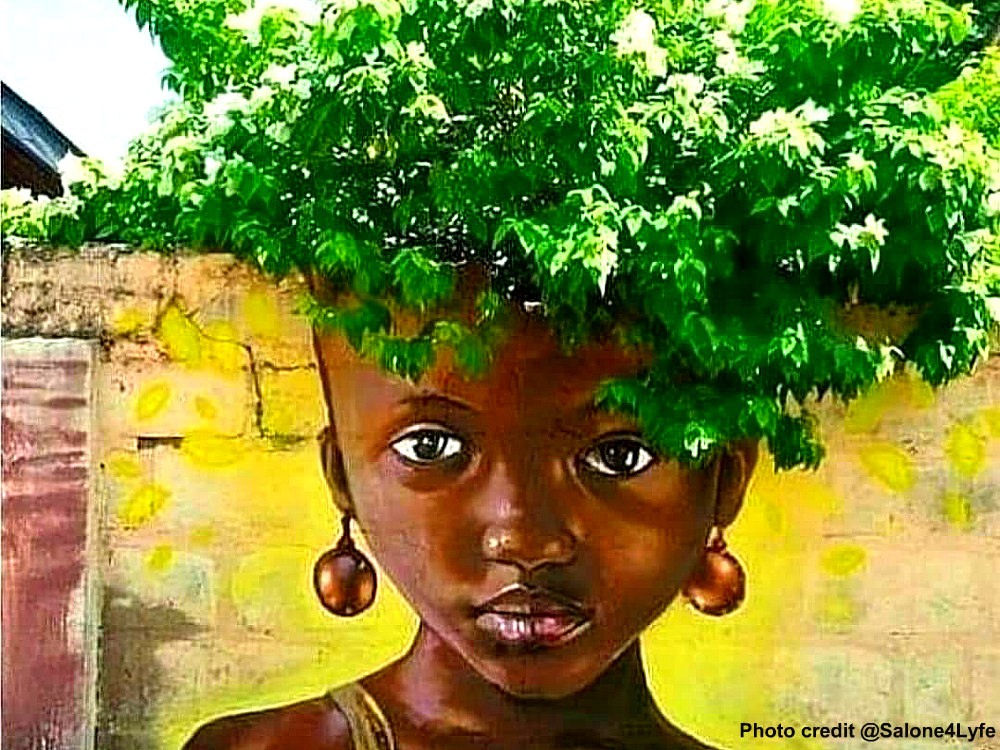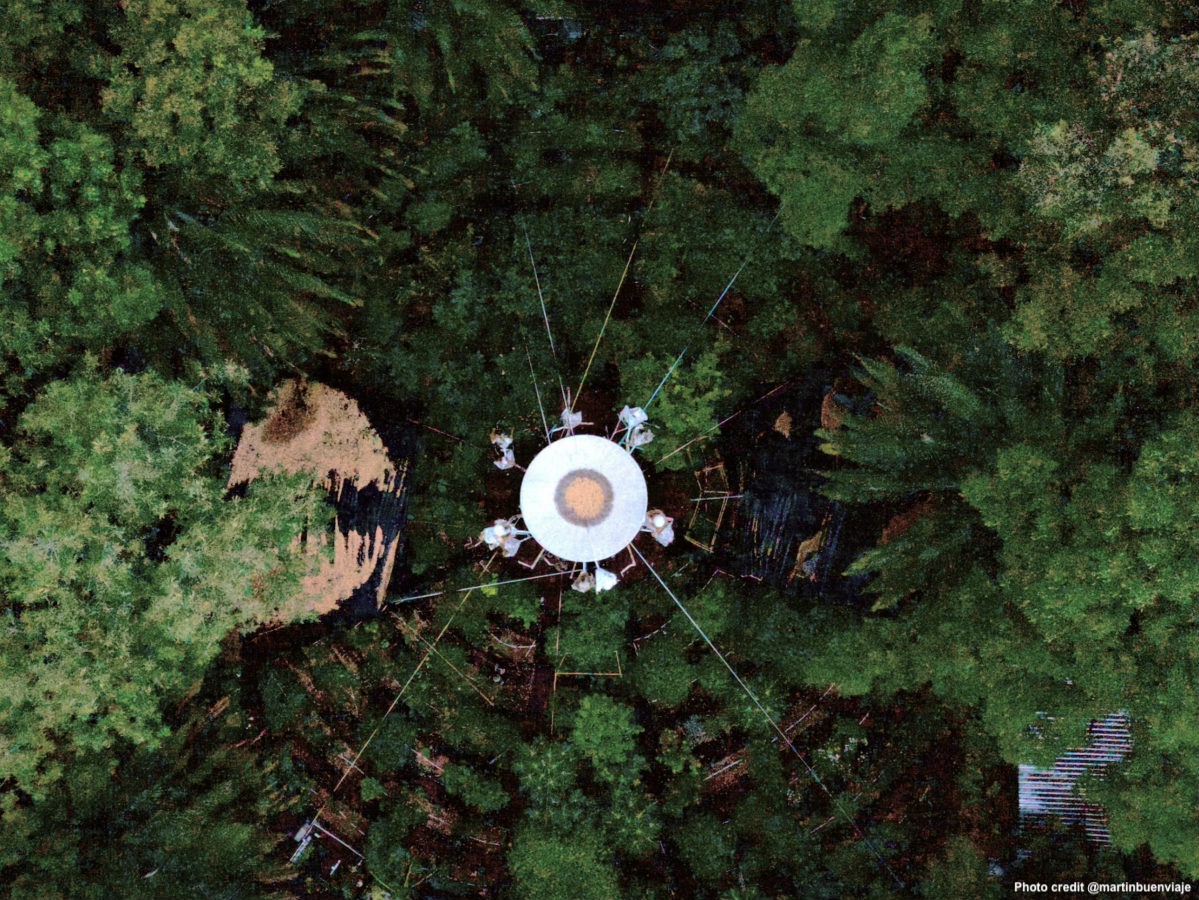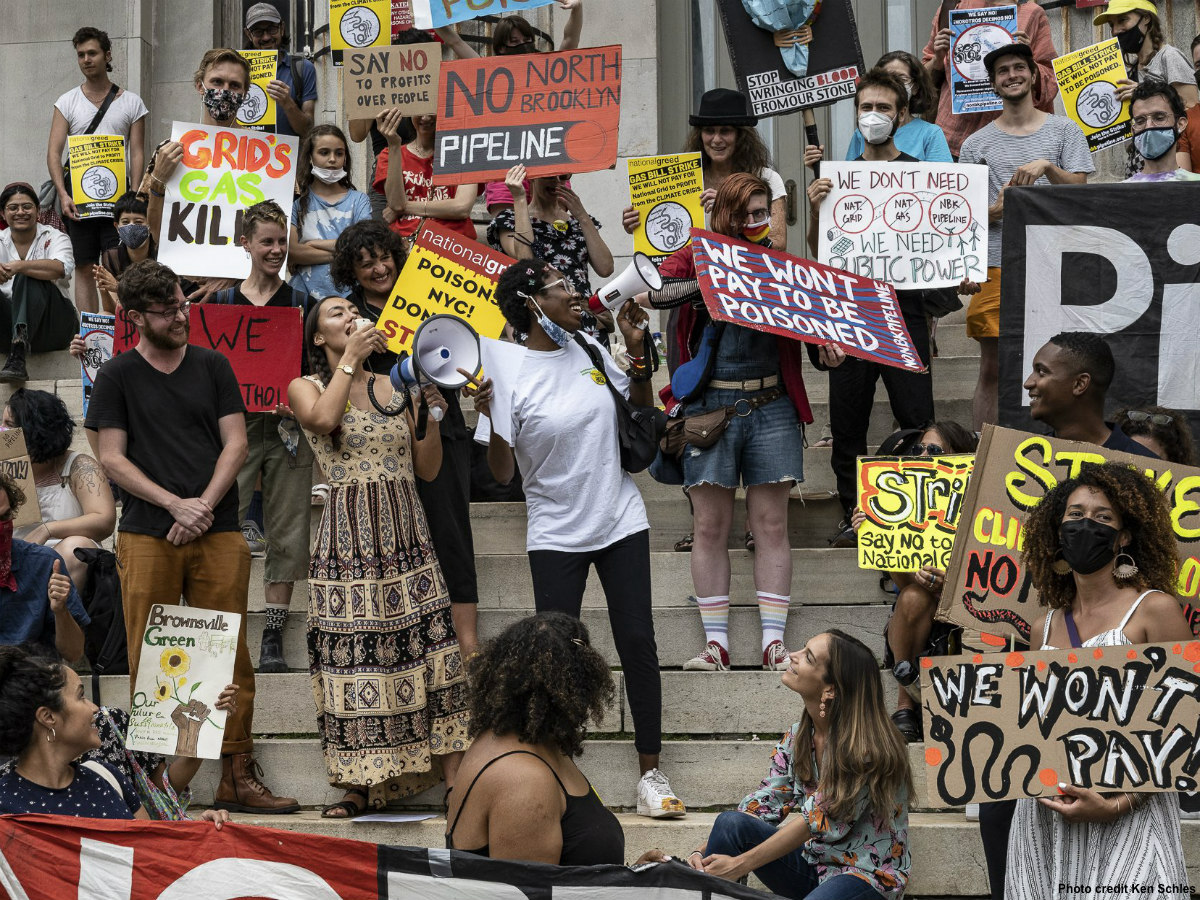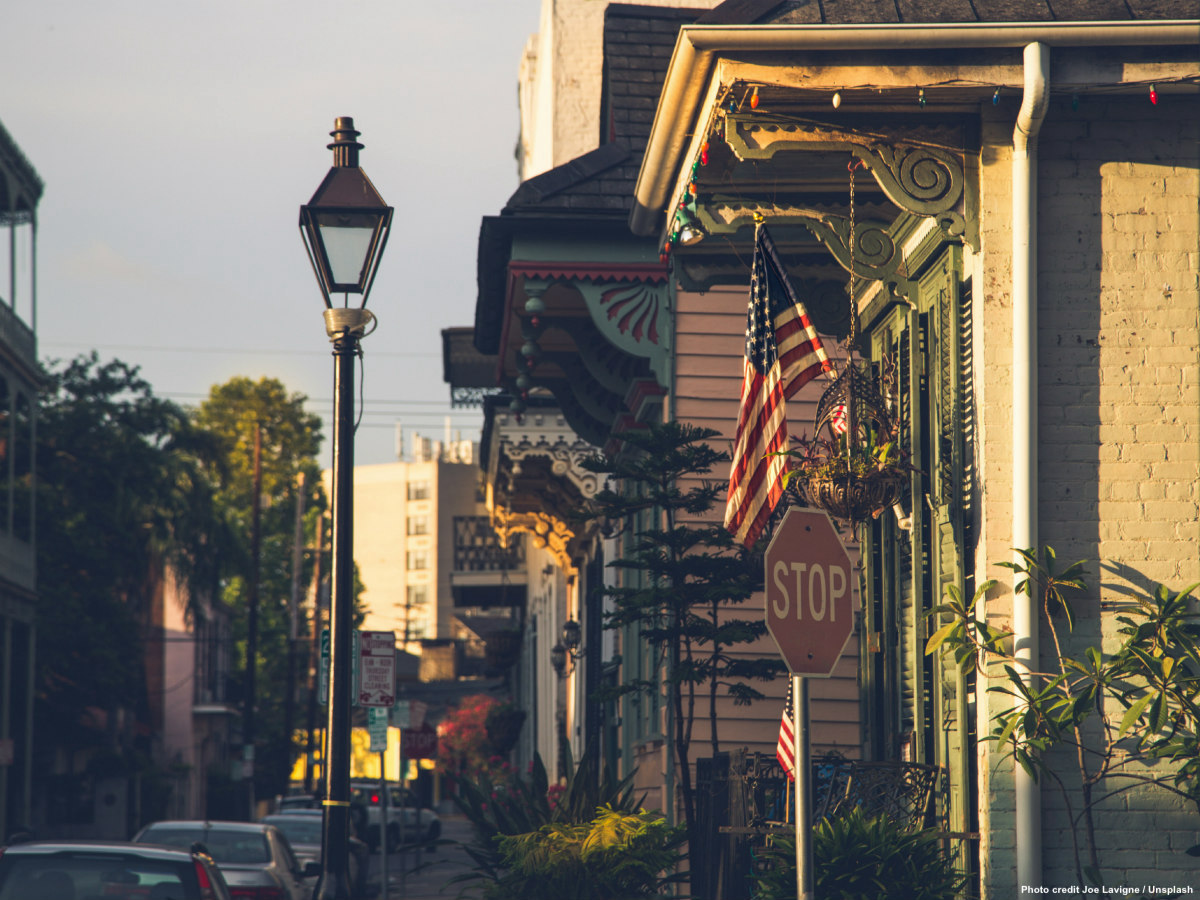This year the mayor of Bordeaux, Pierre Hurmic, made the controversial announcement that there will be no public display of a Christmas tree in the city, instead featuring a light installation. Cities, and citizens alike, are being confronted with traditions and daily choices that do not go along with plans of improving their living environment. It seems paradoxical to cut down trees, even on farms, while the urban world is advocating to rewild cities with urban forests to fight climate change.
Trees are being planted from Paris to Freetown. In Paris, local authorities have plans to reimagine important landmarks of the city by building four urban forests around them and plant some 170,000 new trees. In Freetown, Sierra Leone, the city council launched the campaign ‘FreetownTheTreeTown’ to plant one million trees in 2020 to halt and reverse the damage caused by deforestation.
However, cities have disregarded forests as a critical part of their natural infrastructure for so long that it is already having dire consequences for human existence, especially places with a unique natural environment.
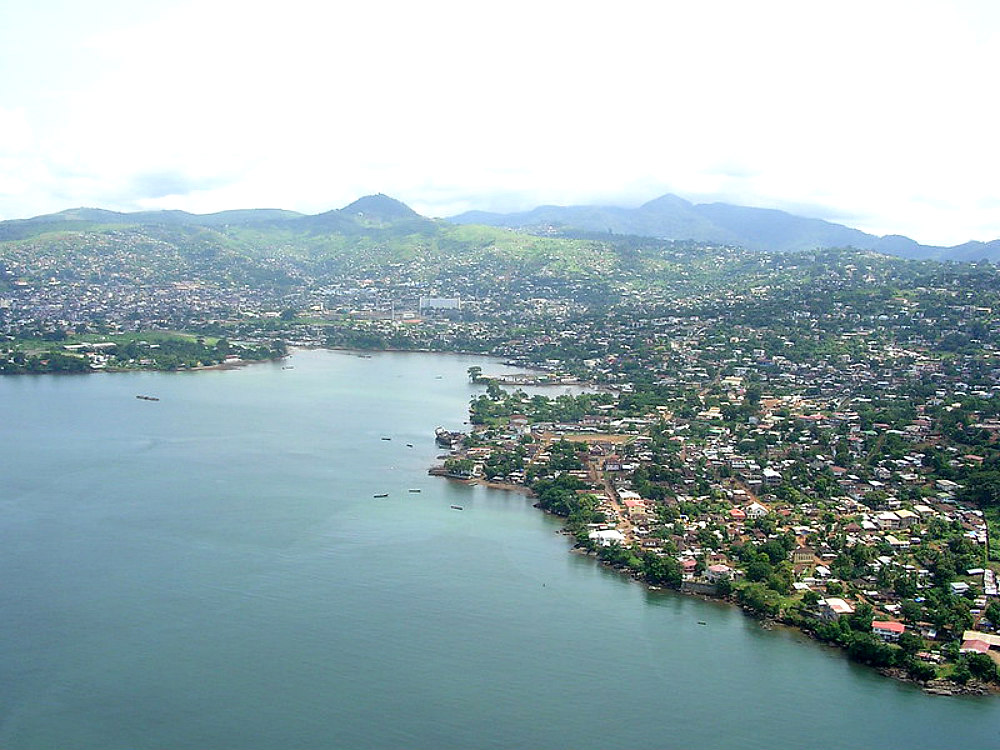
The city of Freetown has a privileged location. Its boundaries are forests, hills and the Atlantic Ocean. Its estuary is one of the largest natural deep-water harbours in the world. Forests around the city supply a high proportion of water through watersheds and are essential to the water cycle because canopy trees contribute to harvest rainwater into the aquifers.
Unfortunately, the indiscriminate felling of forests is causing the depletion of water levels. Human encroachment is threatening a sustainable supply of drinking water for urban dwellers.
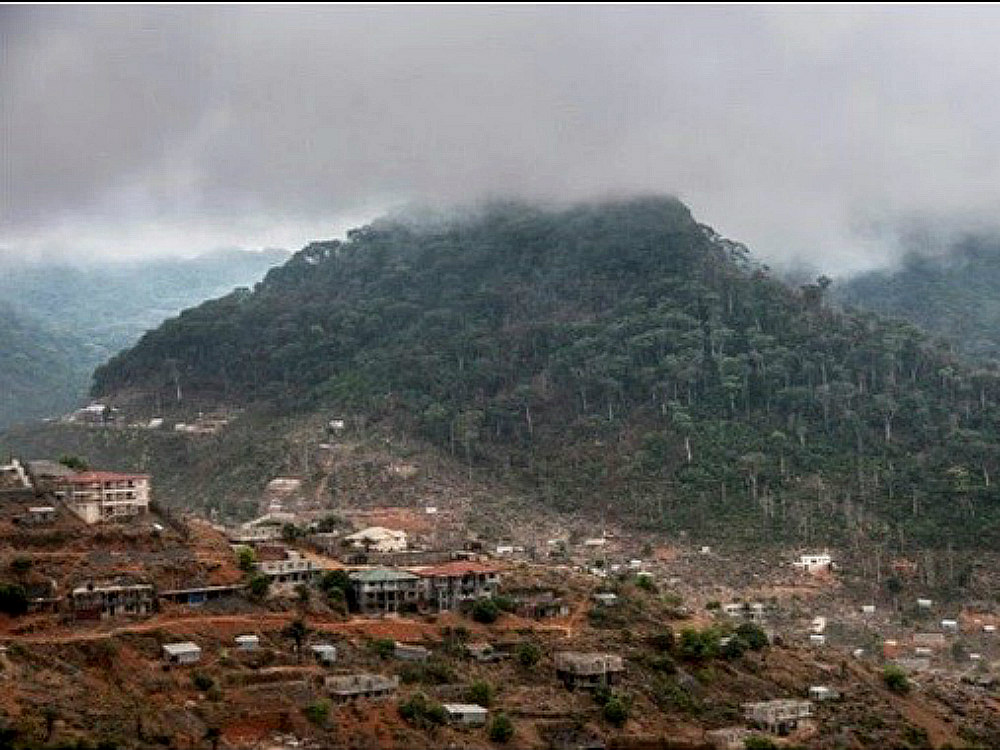
‘I have seen first hand the challenges people face to access water. They are basically cut off from water supply. Earlier this year I was part of an assessment on how human activities have affected these water sources, for example, charcoal burning, stone mining, agriculture and house settlements. We could conclude that when people cut down trees it affects the overall water quality and quantity’, explains Davephine Tholley.
She is a Freetonian civil engineer and has worked for the water sector for six years. In her free time she advocates to reforest water catchment areas on the hills of Freetown with the help of volunteers from the communities.
A population growth rate of 4.2% per annum, compounded by the lack of city planning have led to deforestation due to residential expansion and charcoal production. The current population of Freetown is significantly higher than the official number, estimated to be approaching two million. The built-up area beyond Freetown’s municipal boundaries started in the 2000s, and has expanded by almost a third, in hillside neighborhoods.
During Tholley’s visits to different areas for the assessment, she identified one in urgent need for reforestation. She reached out to a contact at the Water Directorate, Western Area Rural District Council and agreed to organize a meeting with the community.
I realized that people actually knew their challenges because water sources were not enough to serve their community. Luckily I was able to secure 500 trees to reforest the area with the help of great volunteers, explains Tholley.
The councilor arranged the transportation and they planted 350 trees in one day. The aim is to have a 70% survival rate of the trees planted.
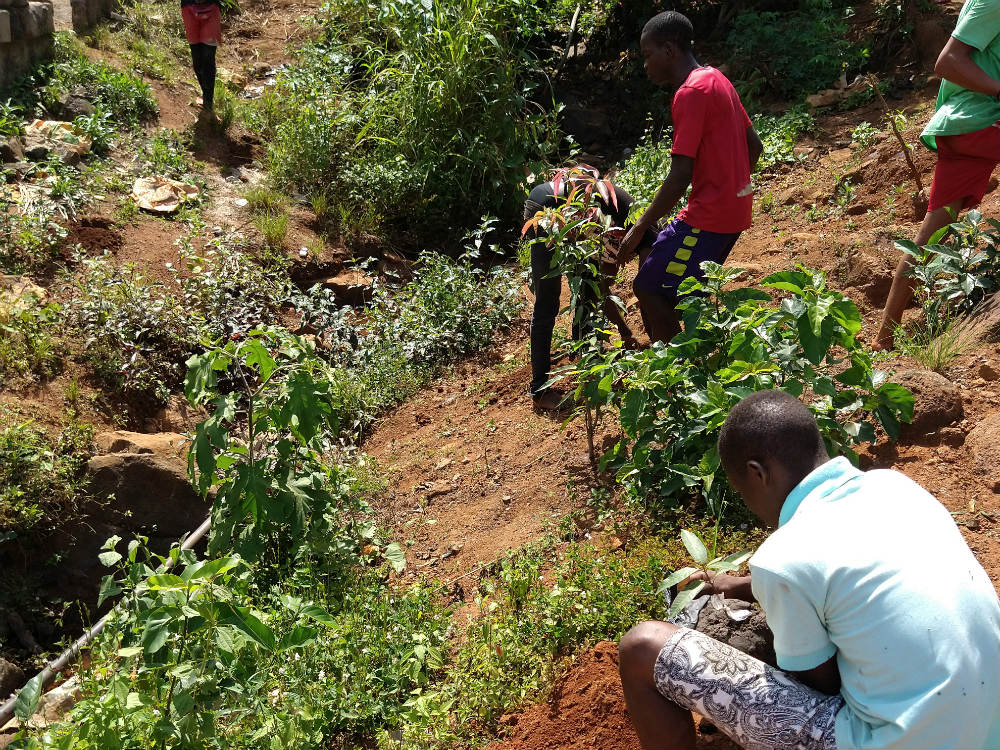
Almost all the water catchment areas in the hills of Freetown are denuded of trees. Deforestation threatens life not only because of the lack of drinking water, it also contributes to climate change. Rainfall is becoming erratic and the seasons are changing. The African monsoon provides a dry season in winter and a rainy season from May to November.
In July the Guma Dam, principal source of water supply for Freetown, used to be filled at 90% capacity. This year it was only at 40% leaving Freetonians with no other option than to look for informal water sources, seriously increasing the hazards to health and the risk of disease. Furthermore, deadly flooding and mudslides happen more often as deforestation doesn’t enable the soil to absorb heavy rainfall.
Davephine Tholley is part of the Women4Climate Mentorship Programme supported by the C40 cities network committed to addressing climate change. This programme is specifically dedicated to young women in cities like Tholley to elevate their voices in the conversation around climate action. Mentors share their knowledge and experiences, supporting mentees, determined to reverse and change course on unfortunate human activities, to become powerful leaders.
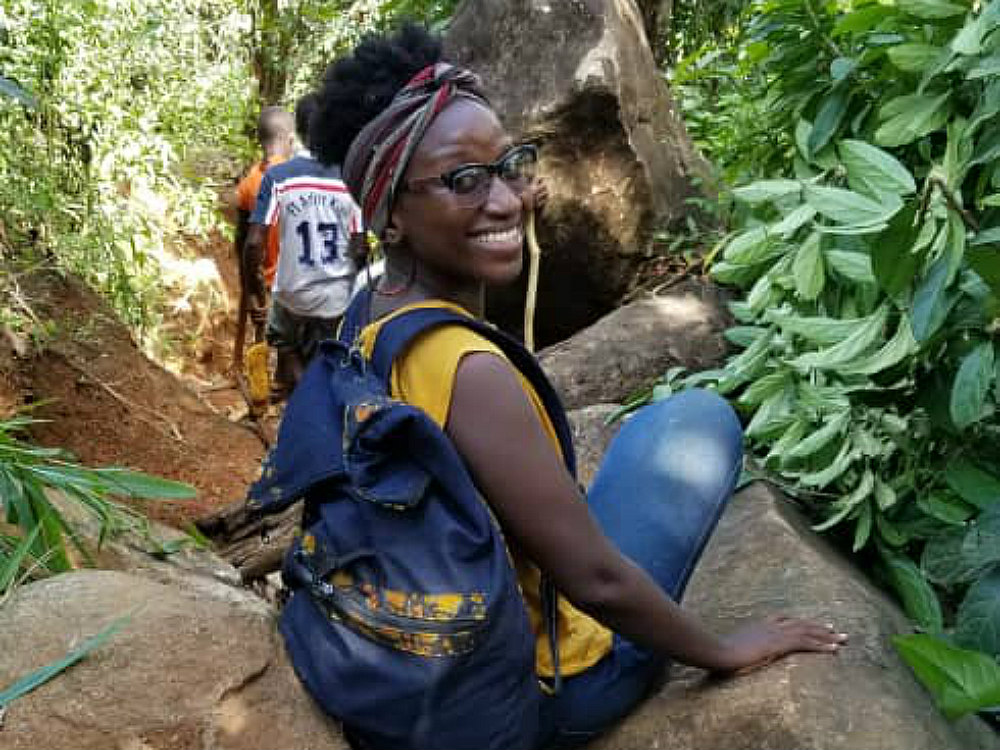
Tholley is also a women and children’s rights activist, volunteering in the education, nurturing and protection of young girls and women. She is a member of national and international organisations including- Sierra Leone Association of University Women (SLAUW), Federation of University Women of Africa (FUWA), African Women’s Development and Communications Network (FEMNET).
In a meaningful move, Freetown’s mayor Yvonne Aki-Sawyerr is harmonizing efforts with NGOS and community-based organizations towards common goals instead of working in silos. This is part of her agenda to #TransformFreetown, a holistic action plan designed, in partnership with government agencies and community organizations, to revolutionize the capital and address environmental resilience, human development, public health and urban mobility issues in the city.
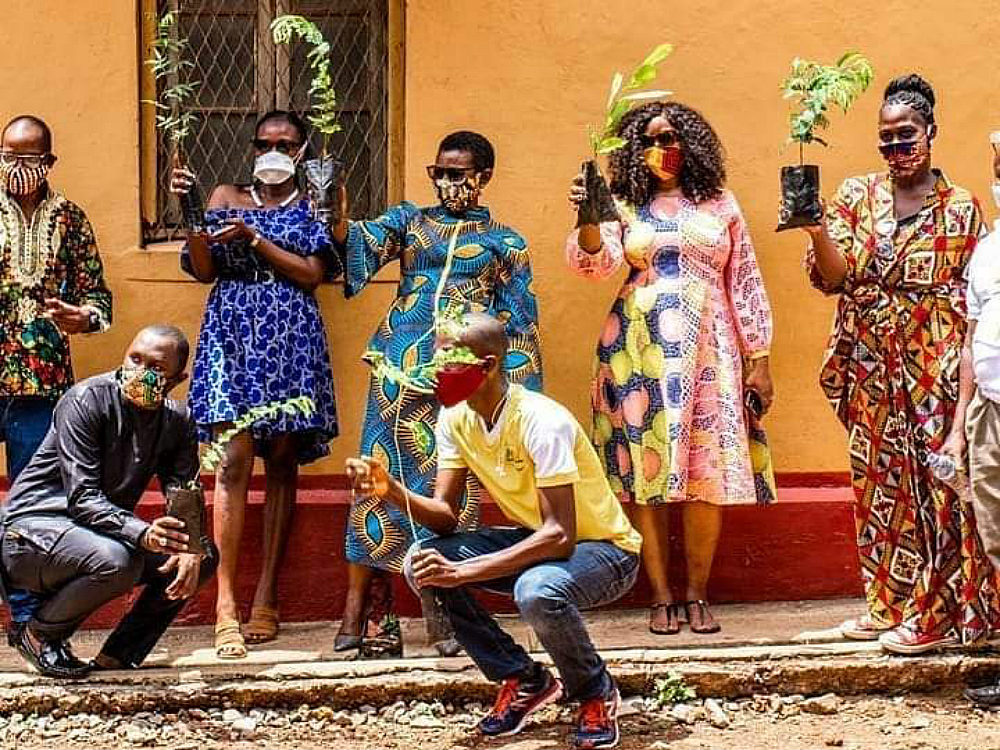
This vision will fight climate change by empowering citizens to take ownership of urban forests in their communities to protect their water sources. Tholley’s next step is to work with the volunteers in the community to monitor the growth of the trees planted for the next six months. Then she will start a tree nursery. The seedlings will be the main source of plants for her reforestation initiative called Blu.
‘Land is not a problem. There are lots of spaces to plant more trees. The challenge is that communities, who are truly committed to reforestation, are not able to safeguard their own areas. In some cases, they were already protected by law but forest rule enforcement is weak. We need strong tree protection regulations and policies’, states Cleopatra Warritay.
She is Tholley’s mentor, a coordinator of the youth-led initiative for nature-based solutions to climate change and an advocate of #LandThatWeLove. It is a nationwide campaign with the aim to raise awareness about the massive depletion of the Western Area Peninsula National Park (WAPNAP) through a photo exhibition on the environmental impact of deforestation.
Visuals are very good to target an audience and tell them this is what we are doing to our hills. However, changing traditions and behaviour is difficult because people in these areas live on a daily basis, explains Warritay.
People think about the present and not the future. A long term alternative to communities should be provided if, for instance, charcoal production should stop.

Freetown’s population is expected to double by 2028. The success of its reforestation will depend on the collective actions and local efforts of Freetonians to become a sustainable city – one tree at a time. It is not only about urban forests and planting trees to help with climate change. Cultivating minds to rethink human choices and change course on traditions in any part of the world will have a positive impact on the climate for all of us.
Christmas trees are a tradition that many don’t want to scrap. But there are alternatives like renting a rooted tree that is returned for replanting to avoid ending up in landfills. “Dead trees”, as Bordeaux’s mayor called them, are a cost for cities. Potted Christmas trees that can be put back in the garden are an investment.
People taking small actions not only add up to a sustainable future, they side with Tholley’s endeavour in Freetown to reforest the city and fight climate change, from which we all profit. Citizen’s willing to make a change in environmental awareness and revise traditions that reflect the realities of our era will offer a chance to the planet.
